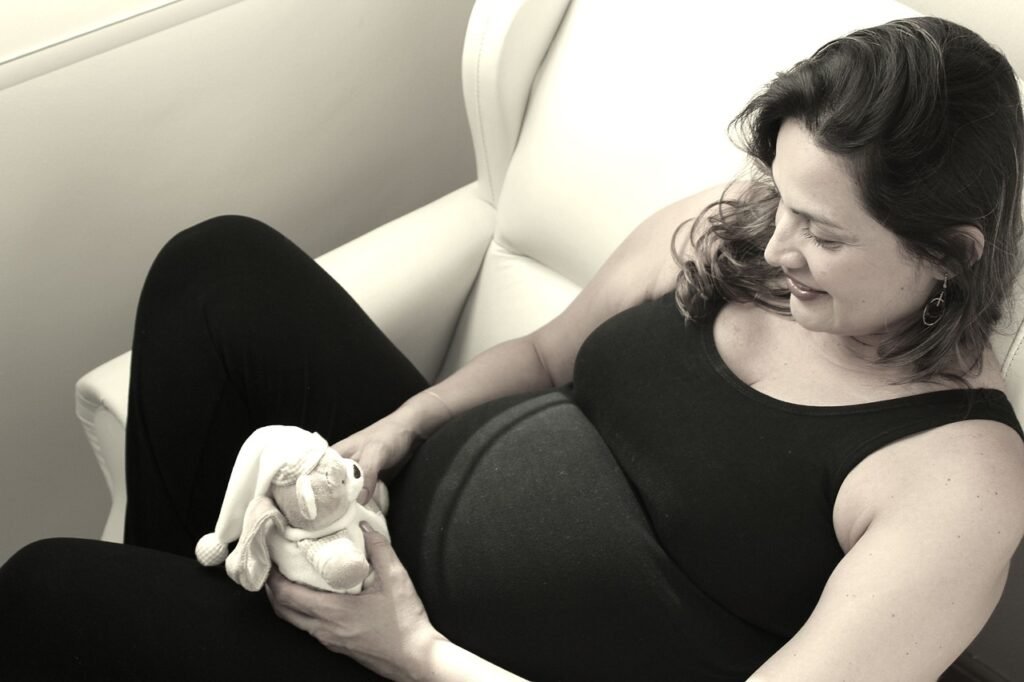Navigating Emotional Challenges in Pregnancy

Discovering you are pregnant initiates a unique journey, marked by physical transformations and a rollercoaster of emotions. This period varies for each woman, encompassing not only the anticipated joy but also potential stress, sadness, or anxiety. Understanding and addressing the complexities of pregnancy-related emotions is crucial for a healthy transition to parenthood.
Embracing Your Journey
You Are with Yourself: As your body undergoes physical changes, ranging from fatigue and nausea to mood fluctuations, the experience of pregnancy becomes intricate. Emotional and physiological processes intertwine, impacting mental well-being and communication. Some women may grapple with a sense of isolation, finding it challenging to articulate their struggles. Early pregnancy often introduces mood swings, fatigue, and concerns, which, to an extent, are normal responses to the psychological adjustments required for impending parenthood.
However, avoidance of pregnancy-related engagement can signal potential challenges in adapting to postpartum life. This avoidance may stem from fear or difficulty grappling with the profound life changes associated with motherhood.
You and Your Partner: For many couples, the pregnancy period poses challenges as each partner navigates their concerns. Discrepancies in adapting to the changes can strain relationships. The pregnant partner may feel a disconnect between her evolving life and her partner’s unchanged routine, potentially leading to misunderstandings. Seeking support from experienced women in their lives may inadvertently exclude the partner. Simultaneously, the partner might grapple with the impending changes, both personally and in their relationship, including heightened financial concerns.
As the pregnancy progresses, some couples successfully combine fears with excitement, imagining the life awaiting them after childbirth. They may engage in discussions, attend parenting courses, or explore various approaches.
You and the Fetus: The fetus’s connection to the outside world relies on the mother who carries it. Physiological and emotional states of the mother significantly impact the fetus. Maintaining emotional well-being becomes crucial for the normal development of the unborn child.
Connecting with Your Emotions
Get in Touch with Your Feelings: Navigating pregnancy involves understanding your needs, staying attuned to your feelings, and nurturing your mental health. Seeking support when necessary is vital for a balanced emotional state.
Understanding Depression During Pregnancy
While pregnancy is often seen as a positive period, it doesn’t universally guarantee a smooth emotional journey. Approximately one in ten women experiences depression during pregnancy, elevating the risk of postpartum depression. If extreme mood changes impede your functioning, seeking assistance is essential. Acknowledging and preparing for challenges during pregnancy enhance the adjustment to the postpartum period.
Note: The content provided is for general information and does not substitute professional advice. If experiencing severe emotional changes, consider seeking assistance from healthcare providers for proper guidance and support.







